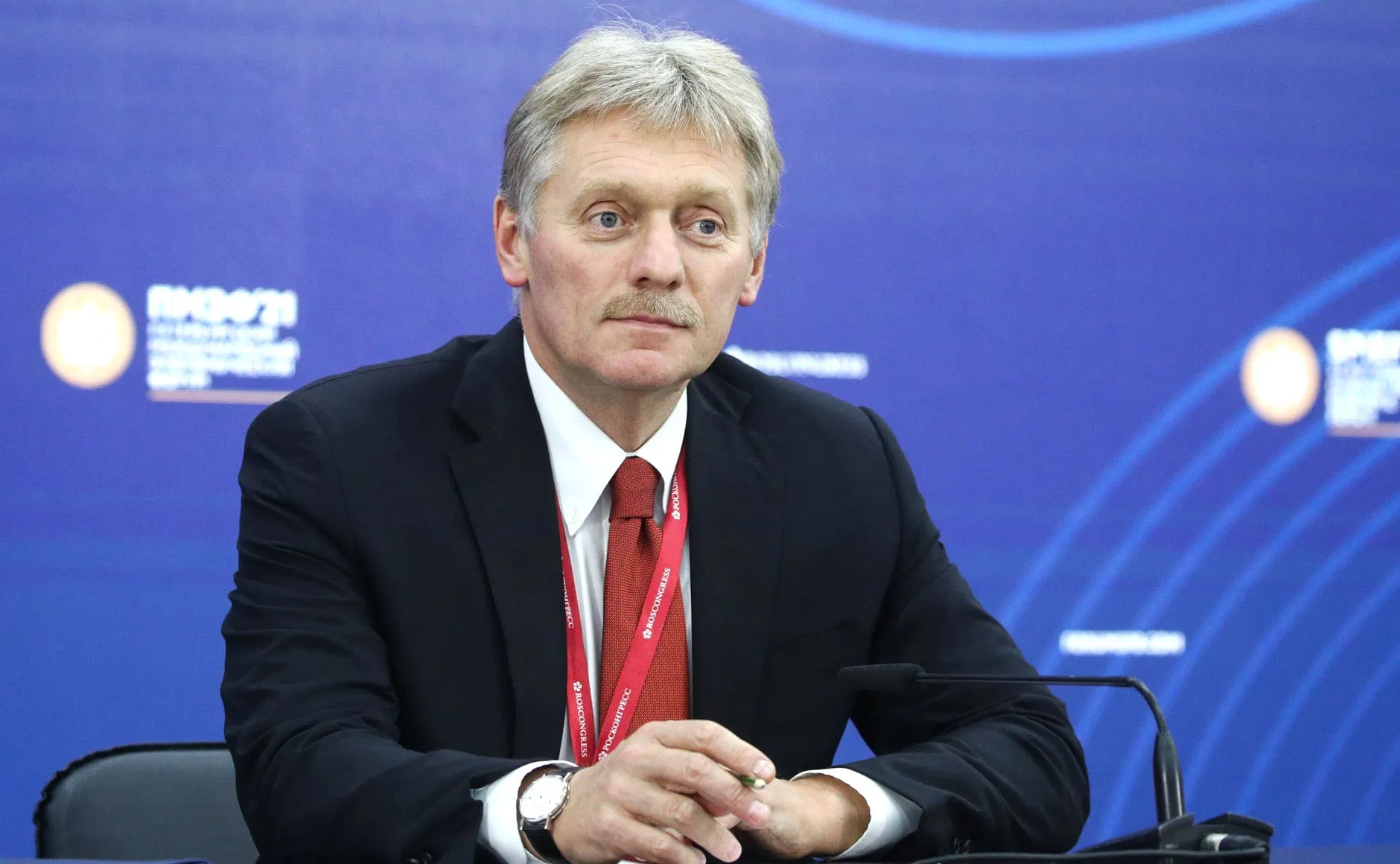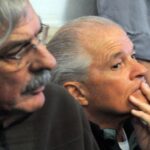
The Russian federation government declared on Monday, that the United States government’s recent statements contrary to Ukraine entrance in the organization of the North Atlantic Treaty (NATO) was favorably.
The US position was played by Kremlin as convergent to Russian strategic interests, according to spokesman Dmitry Peskov in a news conference to journalists.
The demonstration comes after Reuters’ report informs that US officials at different levels ruled the possibility of Ukrainian adhesion to the US-led military alliance.
The most recent speech was attributed to General Keith Kellogg, who acts as Washington’s envoy and said on Sunday, 20, that the inclusion of Ukraine in NATO is “out of cogitation.”
“Of course, this is something that makes us satisfied and coincides with our position,” Peskov said, commenting on the statements. “We heard from Washington at various levels that Ukan’s adhesion to NATO is excluded.”
The current position of the White House follows the line of previous statements of former President Donald Trump, who attributed the climb of the conflict to the approach of Ukraine with the Western Military Block.
Trump’s view has been cited by Russian authorities as an argument to justify military actions that began in February 2022.
Declarations reiterate Russian position on NATO
During the press conference, Peskov again said that NATO’s expansion towards Russian borders is considered a direct threat by the country’s leadership.
“Ukraine’s adhesion to the US-led alliance would represent a threat to the national interests of the Russian Federation. And, in fact, this is one of the deep causes of this conflict,” said the spokesman.
Russia has reiterated that the maintenance of the Ukrainian candidacy for NATO is an obstacle to the resolution of the conflict and that the formal neutrality of Ukraine would be a necessary element for any lasting ceasefire.
According to Reuters, Russian President Vladimir Putin has conditioned the end of hostilities to two main factors: the definitive abandonment of the Ukrainian candidacy to the Military Alliance and the removal of Kiev troops from the four Ukrainian regions claimed by Moscow – Donetsk, Lugansk, Kherson and Zaporizehzia – areas currently under the major control of Russian forces.
These demands have been repeated by Moscow since the beginning of the war and have prevented the advancement of diplomatic negotiations with Kiev, which in turn reaffirms sovereignty over the entire recognized territory of Ukraine.
Kremlin’s Trump and Caution statements
On Sunday, 20, Donald Trump again spoke out about the conflict, saying he expects an agreement between Russia and Ukraine later this week. The statement was made during a political event in the United States, but was not detailed in terms of specific content or schedule.
When asked about Trump’s statement, Dmitry Peskov adopted a cautious stance. “I don’t want to make any comments now, especially about the deadline,” replied the Russian spokesman.
To date, there has been no official manifestation by the Ukraine government in response to Trump or Kellogg’s statements.
The Ukrainian presidency either commented on the information released by the international news agencies about the US posture regarding Kiev’s candidacy to NATO.
Impasse history
Ukraine’s candidacy for NATO was intensified after the annexation of Crimea by Russia in 2014, and gained new momentum after the war began in 2022.
The Ukrainian government considers adherence to the alliance a security factor in the face of the Russian military threat. Moscow considers the approach between Kiev and NATO a red line.
Since the beginning of the conflict, the issue of Ukraine entry into the Military Alliance has been one of the main points of tension in diplomatic negotiations. Russia requires formal guarantees of neutrality from Ukraine, while Western allies avoid publicly confirming any veto to the candidacy.
The Russian proposal that Ukraine renounces NATO adhesion is treated with reservations by Western governments, which defend the principle of state self -determination in relation to international alliances. Still, voices within US diplomacy have signaled the possibility of seeking a negotiated solution that includes compromises of neutrality.
Current situation
While diplomatic discussions are ongoing, the fighting continues in the battle fronts in the east and southern Ukraine. Russian forces keep positions in strategic regions, while the Ukrainian forces continue to try to resume occupied areas.
The international community follows the developments waiting for a possible reopening of formal negotiation channels. Recent statements by US authorities and the Russian reaction may influence the next steps in conducting the conflict.
The expectation now focuses on the diplomatic movements that may occur after the US consultation is made official and in the eventual response of the Ukrainian authorities.
Source: https://www.ocafezinho.com/2025/04/21/kremlin-reage-a-sinalizacao-dos-eua-contra-entrada-da-ucrania-na-otan/

